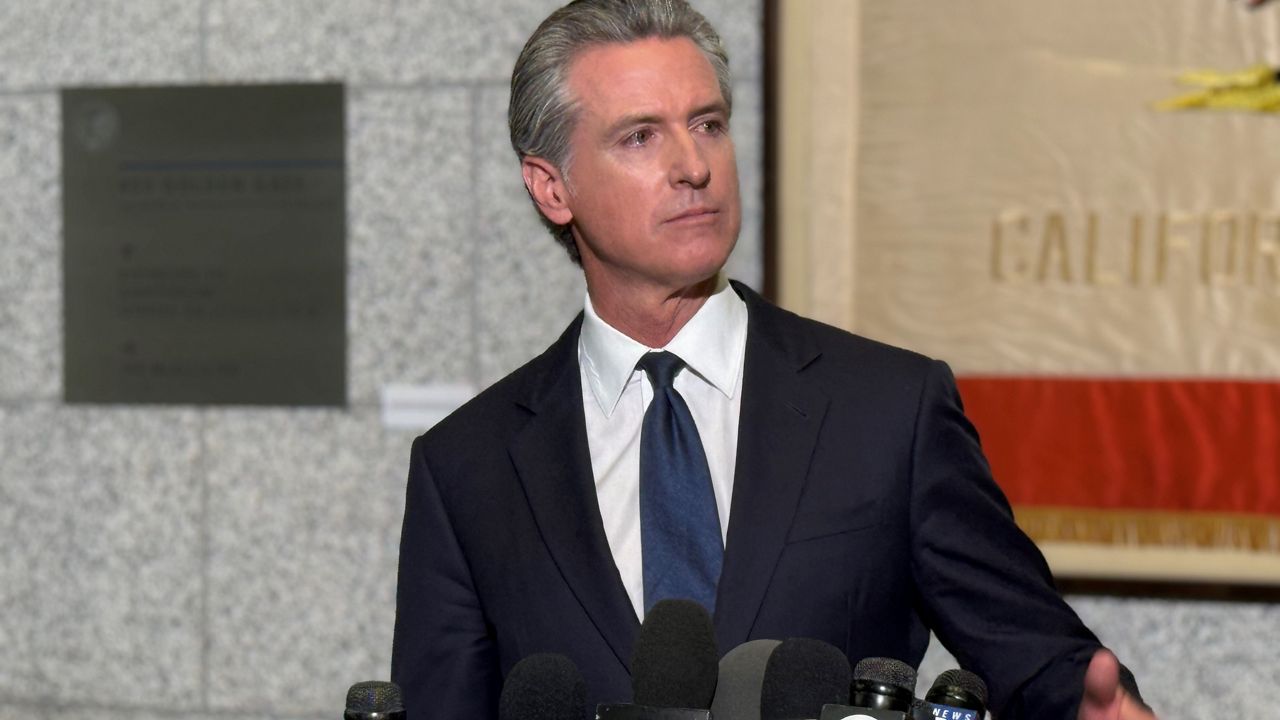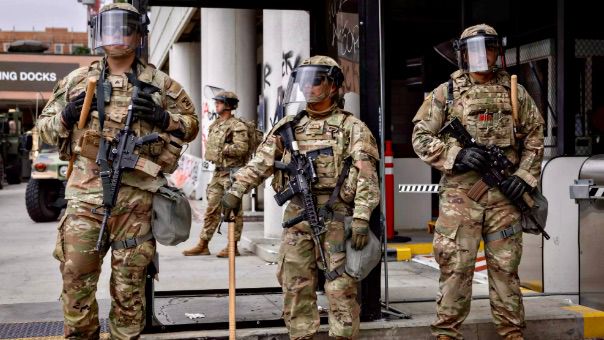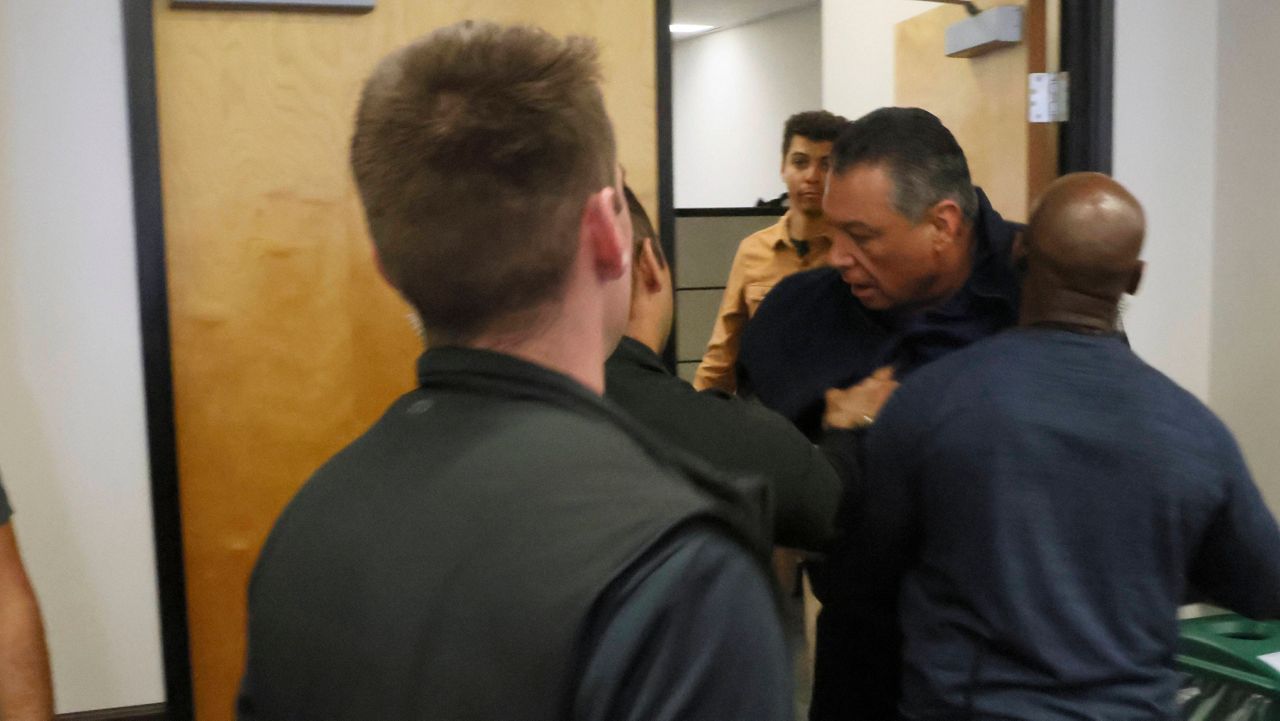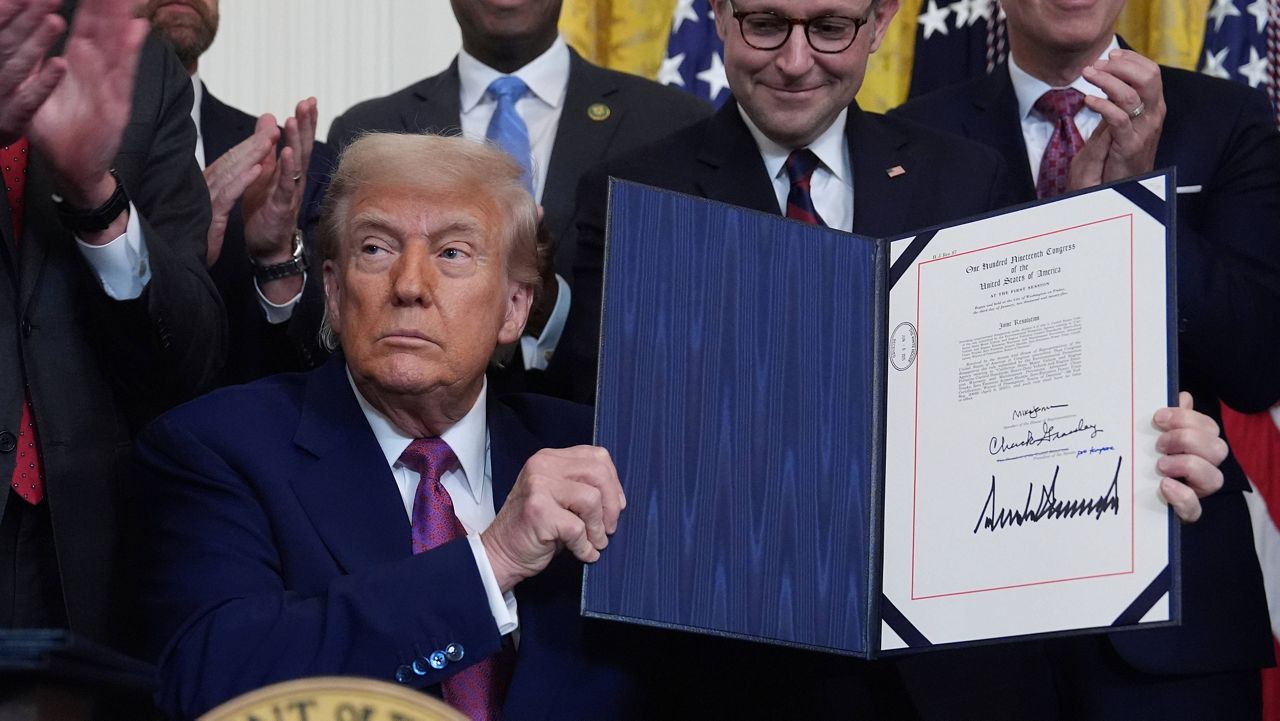LOS ANGELES — The laughs came quickly as Michelle Hammer stepped up to the mic, confident, sharp and unafraid to discuss a topic most people wouldn’t touch: schizophrenia.
Michelle was doing a stand-up comedy set at “Express Your PosSCZible”, a performance showcase bringing together artists living with schizophrenia and their loved ones to display their art, perform, and tell the stories only they can tell. Through comedy, music and visual art, the night chipped away at the pesky stigma facing the community.
“People believe that people with schizophrenia just can’t do anything,” Hammer said. “Or they think it’s the worst illness possible, that nobody could ever want it, and you can’t do anything if you have it. But really, getting diagnosed with schizophrenia is not a bad thing. It is a good thing, because then you can finally be treated with the correct diagnosis.”
Hammer started a clothing and lifestyle brand called Schizophrenic. NYC as she was looking for a way to make a difference in the way people with mental illness are treated. She said running the business and creating the artwork not only makes her happy, but proves that people with schizophrenia can achieve success.
Each performer brought their own history to the stage, and for many, that included misdiagnosis or misunderstanding.
The World Health Organization estimates that one in 300 people worldwide are living with schizophrenia. In the United States, that’s more than two million. For many, the path to a correct diagnosis is long and expensive. Hammer’s journey started in her late teens.
“At 18, I was misdiagnosed with bipolar, and then I was correctly diagnosed with schizophrenia at age 22,” she said. “It took me about five to seven years to get on the correct meds. But once I finally did, I felt better than I’ve ever felt in my whole life. And I was ready to live a life that I’ve always wanted. And now I get to do that.”
Actor Taye Diggs, who partnered with Bristol Myers Squibb for the event, co-hosted the night and, not in the role of celebrity, but in the role of big brother. His sister, Christian Diggs, who co-hosted with him, lives with schizophrenia, and the event gave Diggs a moment of nostalgia.
“It’s great to be on stage with her. It kind of reminds me of when we were kids performing together,” Diggs reflected. “One of my sister’s major talents is dance, and whenever she would move, I was just reminded that she was way more — so much more — than the mental illness. I think that’s important for people to notice and realize.”
Diggs also called out how mental illness is often portrayed in film and TV: broad, inaccurate and, too often, sensationalized.
“We’re working on changing those stigmas and making them a little bit more realistic, or I should say a lot more realistic,” he said. “Because it’s very easy for people to see a certain person portrayed a certain way on the screen and then take those ideas and try to apply them in real life, and then nobody wins.”
Change takes time. But for Hammer, it begins here — with a mic, a voice and a little space to tell her truth.
“If we just keep sharing what we can do and overcoming all the obstacles that we have to,” she said. “Then everyone will see that we’re just like everybody else.”








